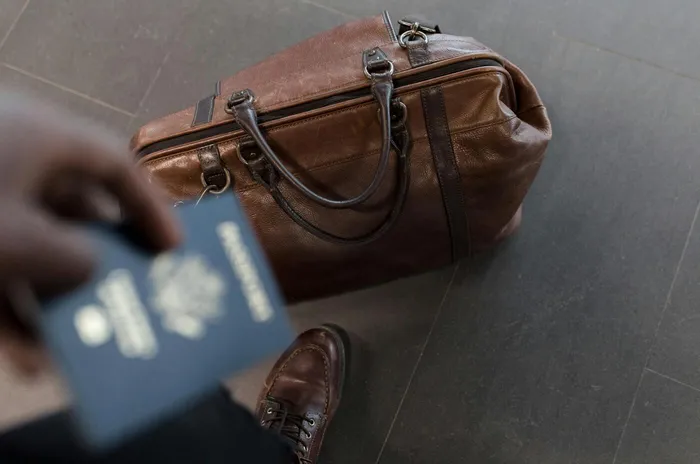
Despite a rise in accommodation spending, South Africa faces a worrying decline in international visitors.
Image: Pexels/Nappy
Although tourists spent more on accommodation in April when compared with a year ago, the volume of international visitors to our shores declined in May when compared to the previous month.
Lara Hodes, Investec economist, said in a note that she expects the June figures to likely be lower due to “an escalation in geopolitical tensions”.
On Tuesday, Statistics South Africa’s figures showed that overall tourism to and from international destinations, both by local and global tourists, declined 3.4% in May when compared with April – although this figure was up 22.2% year-on-year.
“Despite current challenges, however, the domestic tourism sector remains a key conduit for growth and employment and is a significant focus area of government. One of the priorities of Operation Vulindlela Phase II launched last month is to streamline the visa system to increase tourism and attract investment,” said Hodes.
South Africa's tourism sector employs around 1.5 million people both directly and indirectly.
The agency also noted that a comparison between the movements in April 2025 and May 2025 indicates that the volume of arrivals decreased for South African residents but increased for foreign travellers.
In terms of money spent on accommodation while in South Africa, there was a 14.8% year-on-year increase in income in April. This was mostly driven by a category called “other” – up 21.2% - and hotels, which gained 11.1%.
This “other” category includes lodges, bed-and-breakfast establishments, and self-catering establishments.
Statistics South Africa said in its Tuesday print that the gain was also the result of a 4.5% increase in the number of stay unit nights sold and a 9.9% increase in the average income per stay unit night sold.
The gain on income, which strips out restaurant and bar sales, followed a 5.7% year-on-year increase in March, Hodes noted.
Hodes added that, when measured on a quarter-on-quarter seasonally adjusted basis in real terms, however, income from accommodation declined in April. She pointed to the most recent Bureau for Economic Research (BER) Other Services survey, which showed that confidence among respondents in the hotel and restaurant subsector decreased markedly in the second quarter of the year alongside significant declines in both business conditions and business volumes.
